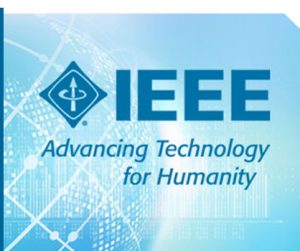Following an investigation into possible paper mill activities, the journal Cureus has barred a doctor in Pakistan from publishing more papers “out of an abundance of caution,” Retraction Watch has learned.
The journal investigated Satish Kumar, an internist at Shaheed Mohtarma Benazir Bhutto Medical College in Karachi, after a tipster accused him of selling authorship of scientific papers to scientists who did not participate in the research.
The tipster, who wishes to remain anonymous to avoid backlash from the authors of these papers, sent Cureus WhatsApp messages from a group called “research Match Residency.” There, a user named ”SSS” sent paper titles and offered author slots on manuscripts. Many of the articles were slated for publication in Cureus.
Continue reading Journal blacklists doctor in Pakistan ‘out of an abundance of caution’


